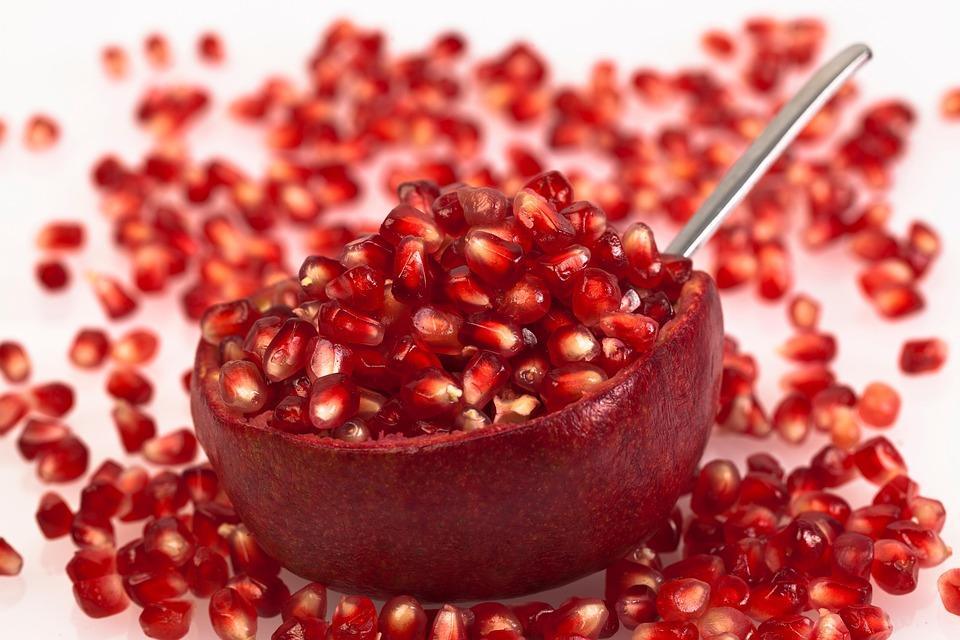Nutrient timing is the secret sauce that can elevate your performance, whether you’re hitting the gym or navigating your busy life. Imagine fueling your body at just the right moments, maximizing your energy, and enhancing recovery. Sounds enticing, right? Let’s dive deep into the world of nutrient timing and uncover how it can transform your fitness journey.
Contents
What is Nutrient Timing?
Nutrient timing is the strategic approach to consuming food and supplements around your workouts or daily activities to optimize your body’s performance and recovery. It’s not just about what you eat but when you eat it. By aligning your meals and snacks with your activity levels, you can tap into the full potential of your body’s capabilities.
This matters because you want to feel energized, perform at your best, and recover efficiently. Whether you’re a seasoned athlete or someone looking to improve your everyday performance, understanding nutrient timing can be a game-changer.
Why Nutrient Timing Matters
Nutrient timing isn’t just a fad; it’s grounded in science. When you eat matters just as much as what you eat. Here are a few reasons why it’s crucial:
- Performance Boost: Consuming the right nutrients at optimal times can enhance your stamina and strength.
- Faster Recovery: Timing your meals can help repair muscle damage and replenish energy stores more effectively.
- Weight Management: Strategic timing can help regulate your appetite and metabolism, aiding in weight control.
Let’s explore five secrets that will help you master nutrient timing for optimal performance.
Secret 1: Pre-Workout Nutrition
Fuel Your Fire
Before you embark on any physical challenge, your body needs fuel. The right pre-workout nutrition sets the stage for success.
- Carbohydrates: Your primary source of energy. Think whole grains, fruits, and starchy vegetables.
- Protein: Helps preserve muscle mass. Consider lean meats, eggs, or plant-based proteins.
- Hydration: Don’t underestimate the power of water. Staying hydrated is crucial for peak performance.
Aim to eat a balanced meal about two to three hours before your workout. If you’re short on time, a snack 30 to 60 minutes prior can do wonders. A banana with a dollop of almond butter is a perfect quick fix.
Secret 2: Post-Workout Recovery
Refuel and Repair
Your workout isn’t over when you leave the gym; it’s just beginning. Post-workout nutrition is vital for recovery and muscle rebuilding.
- Protein: Consuming protein shortly after exercise helps repair muscle tissue. Aim for 20–30 grams.
- Carbs: Your muscles need to replenish glycogen stores. Pair your protein with carbohydrates, like a smoothie with fruit and Greek yogurt.
- Timing: Ideally, consume your post-workout meal within 30 to 60 minutes for optimal recovery.
Taking care of your body after a workout speaks volumes about your commitment. It’s not just about working hard; it’s about working smart.
Secret 3: The Power of Timing
Optimize Your Schedule
Understanding the timing of your meals is crucial. Here’s how to leverage it:
- Energy Levels: Schedule meals around your most intense workouts. If you’re training in the morning, make sure to have a robust breakfast.
- Evening Meals: If you work out in the evening, a balanced dinner can help fuel your performance and recovery overnight.
By aligning your meals with your workout times, you’ll notice a boost in your energy and focus. Listen to your body; it knows what it needs.
Secret 4: The Importance of Sleep
Rest and Digest
Sleep plays a pivotal role in nutrient timing. Your body repairs and regenerates while you sleep, making it essential for optimal performance. Poor sleep can hinder recovery and reduce your performance levels.
- Quality Sleep: Aim for 7–9 hours of quality sleep per night.
- Late-Night Snacking: If you’re training late, consider a light snack before bed that includes protein and healthy fats to aid recovery.
Prioritize your sleep just as you would your workout. It’s the unsung hero of performance.
Secret 5: Personalization is Key
Tailor Your Approach
Everyone’s body is unique. What works for one person might not work for another. Here’s how to personalize your nutrient timing:
- Listen to Your Body: Keep a food and performance journal to track what makes you feel your best.
- Adjust as Needed: Different workouts may require different nutritional approaches. Be flexible and adapt.
Consulting with a registered dietitian can provide tailored advice based on your specific needs. They can help you create a personalized nutrient timing strategy that optimizes your performance.
Bottom Line
Nutrient timing is more than just a trend; it’s a strategic practice that can significantly enhance your performance and recovery. By understanding the timing of your meals, you empower your body to perform at its best.
Take action today! Start tracking your meals and workouts, and see how nutrient timing can change your game. Remember, it’s not just about working hard; it’s about working smart.
Frequently Asked Questions
1. How soon before my workout should I eat?
Aim to eat a balanced meal 2–3 hours before your workout or a quick snack 30–60 minutes prior.
2. What should I eat after a workout?
Focus on a combination of protein and carbohydrates. A smoothie or chicken with rice can be excellent options.
3. Can I adjust my nutrient timing for different types of workouts?
Absolutely! Different workouts may require adjustments in your meal timing and composition.
For more information on nutrition and performance, check out resources from the Academy of Nutrition and Dietetics or American College of Sports Medicine.
Embrace the power of nutrient timing and watch your performance soar!
Get Your FREE Natural Health Guide!
Subscribe now and receive our exclusive ebook packed with natural health tips, practical wellness advice, and easy lifestyle changes, delivered straight to your inbox.





